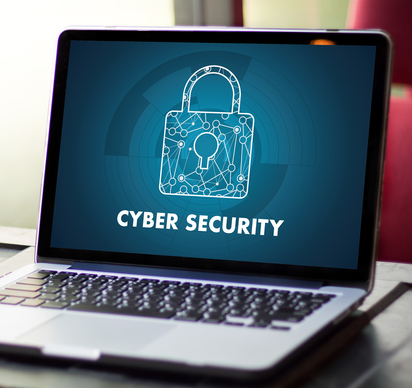Nearly twenty years ago, when email was a relatively new thing, I received a curious email from our FERC attorney. The Subject line read, “I Love You.” I thought, “This is odd,” and then I proceeded to open the email. Suddenly, my computer began sending emails to everyone in my contact list telling them, “I Love You!” I was horrified, and dove for the wall to disconnect my computer … but it was too late. The virus had struck and my computer churned out hundreds of emails!
Our modern society cannot function without technology. We bank electronically, communicate electronically, pay bills electronically, use credit cards for purchases and pay those electronically! What if all this came to a halt? How would you buy food and fuel? Where would you get cash? These risks are not far-fetched and we have well-funded “bad guys” around the world constantly probing computer networks of retail, banking, manufacturing, refining and utility businesses. Every day, U.S. businesses fight off millions of cyber intrusion attempts.
We designated October as Cyber Awareness month. Wolverine’s IT deploys technology to fight off cyber-attacks, and they design our network infrastructure to thwart attacks. Yet, the real strength and weakness of all these systems will come down to people. Will you make the right or wrong decisions when it comes to USB memory sticks, email phishing schemes, password protection, and building security? I’m proud of how seriously Wolverine’s IT group takes cyber security … and we need to do even more. Damon Crozier recently completed an internal audit of our practices and briefed my Executive Team. He pointed out many things we do at a best-in-class level, and some things on which we need to improve. We now discuss cyber at the highest levels of our organization to ensure we have the people, resources and commitment necessary to protect our company and the electric grid to the best of our abilities.
The infamous “I Love You” virus that I, and thousands of others, fell victim to in May of 2000, swept through the country choking millions of servers with traffic. I suffered well-earned barbs from my business associates around the country for my “kind words,” but the virus proved little more than a harmless prank. Viruses are far more dangerous today, seventeen years later. Small groups, without traditional weapons, know they can bring down entire national infrastructures and cause chaos. This is serious business, and it can start from one single unsuspecting victim. Take a minute, thank an IT employee, and then think about how your cyber actions and hygiene could prevent or trigger a national emergency.







Leave A Comment